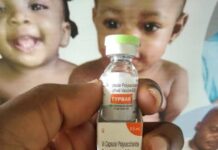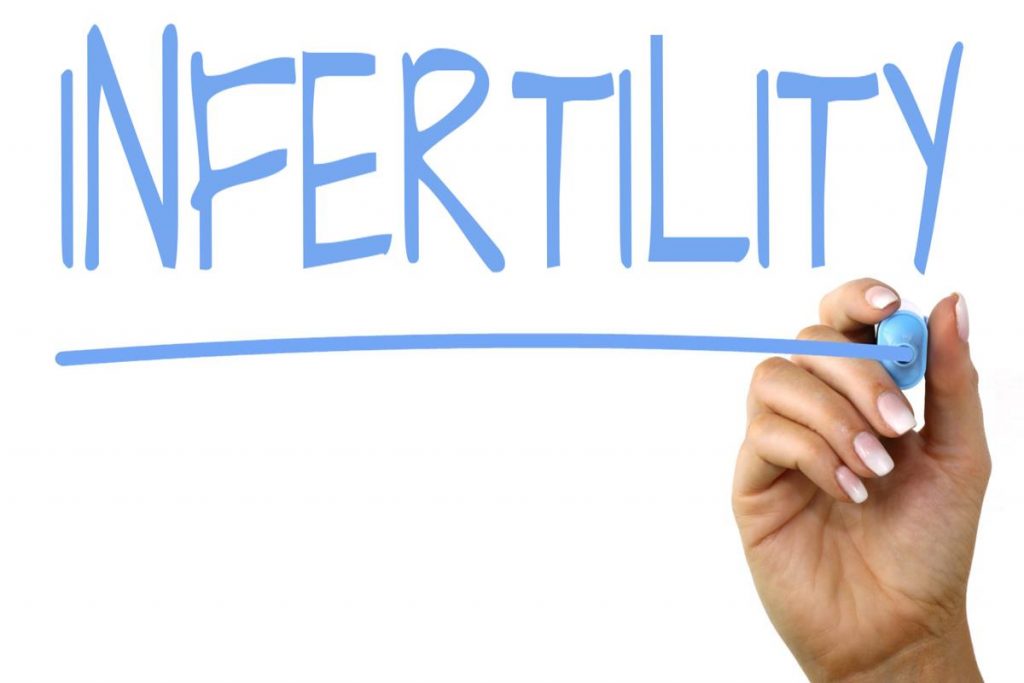Infertility in Nigeria.
Male and female infertility is a worldwide problem including Nigeria. Developments in the investigation and treatment of infertile couples and the dissemination of this knowledge, have meant a new hope for the infertile couple. Infertility may sometimes be called “childlessness”, but it is to be differentiated from sterility which is more absolute or finite and refers to an irreversible state.
For example, a woman who has congenital absence of the vagina, can be said to be “sterile”. Infertility, is the inability to achieve a pregnancy, despite a regular, unprotected sexual intercourse. It may be primary, when no pregnancies ever resulted from the marriage, or secondary, when previous pregnancies have resulted, irrespective of the outcome of these pregnancies-abortions or ectopic pregnancy.
It is estimated that 60% of married couples having regular unprotected intercourse, would achieve pregnancy in 6 months of cohabitation. At the end of 12 months, up to 90% would have achieved pregnancy. At the end of 18 to 24 months, 95% would have achieved pregnancy.
Infertility in Nigeria and Worldwide may therefore be diagnosed after one year of cohabitation and regular unprotected sexual intercourse, have failed to achieve pregnancy.

fighting infertility in Nigeria Credit: Blue Diamond Gallery
There is however, a need to for less rigidity about the definition of infertility as regards the duration of exposure. The age of the wife should be taken into consideration. Fertility is maximal between the ages of 18 and 24 years. It declines after the age of 35 for females. It is therefore, necessary to investigate a 35 year old woman after short duration of exposure while an 18 year old female may be investigated for infertility after two or more years if the history and physical examination appear “normal”. An 18 year old woman who gives a past history of termination pregnancy (unsafe abortion) with morbid postabortal period must be investigated at once.
the incidence/statistics of infertility in nigeria
In developed countries, infertility affects about 10% to 15% of married couples. In Nigeria, infertility affects between 20%-30% of married couples. About 40 to 45 percent of all consultations in gynaecological clinic visits are infertility-related.
What causes infertility
There are many causes of infertility, and fertility problems can affect both male or female.
Female infertility is are caused by
- ovarian failure
- endometriosis
- sexually transmitted infections (STIs)
- smoking
- alcohol
- age
- tubal blockage
- fibroids
- Pelvic Inflammatory Disease
- pelvic adhesions
- tubal polyps
- uterine anomalies
- Asherman’s Syndrome
- hostile cervical mucus
- unsafe abortion
- medical conditions like systemic lupus erythromatosis and antiphospholipid syndrome
- Hormonal imbalance
- poor nutrition
- bleaching
- obesity
Male infertility is caused by
- erectile dysfunction
- Smoking especially marijuana
- alcohol
- obesity
- Mumps
- Sugary foods (aspartame)
- use of drugs
- exposure to heat and radiation eg laptops and phones on the thigh, long distance travels, tight-fitting underwears. Heat and radiation reduces sperm production and causes low sperm count
- sexually transmitted infection eg gonorrhoea, chlamydia
- age
- oxidative stress
- Exposure to pesticides and other chemicals
Treatment of infertility in Nigeria
In modern day Nigeria, infertility are treated with therapies that could be medical, surgical or through assisted reproductive technology (ART). Most times it is the combination of the 3 therapies that will produce the desired result- getting pregnant and having a baby.
Read as couples give their IVF testimonies
- Medical treatment e.g clomiphene to stimulate ovulation.
- Surgery e.g. for fibroid removal and endometriosis
- Assisted Reproductive Technology through IVF, ICSI, intrauterine insemination.
Read more on infertility on Wikipedia





















